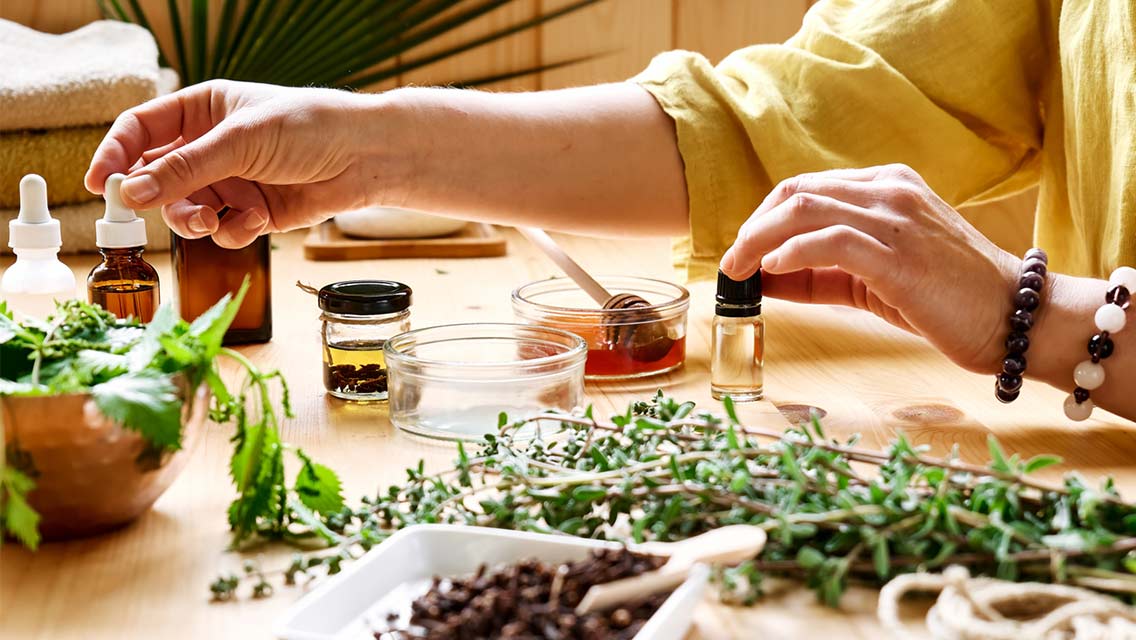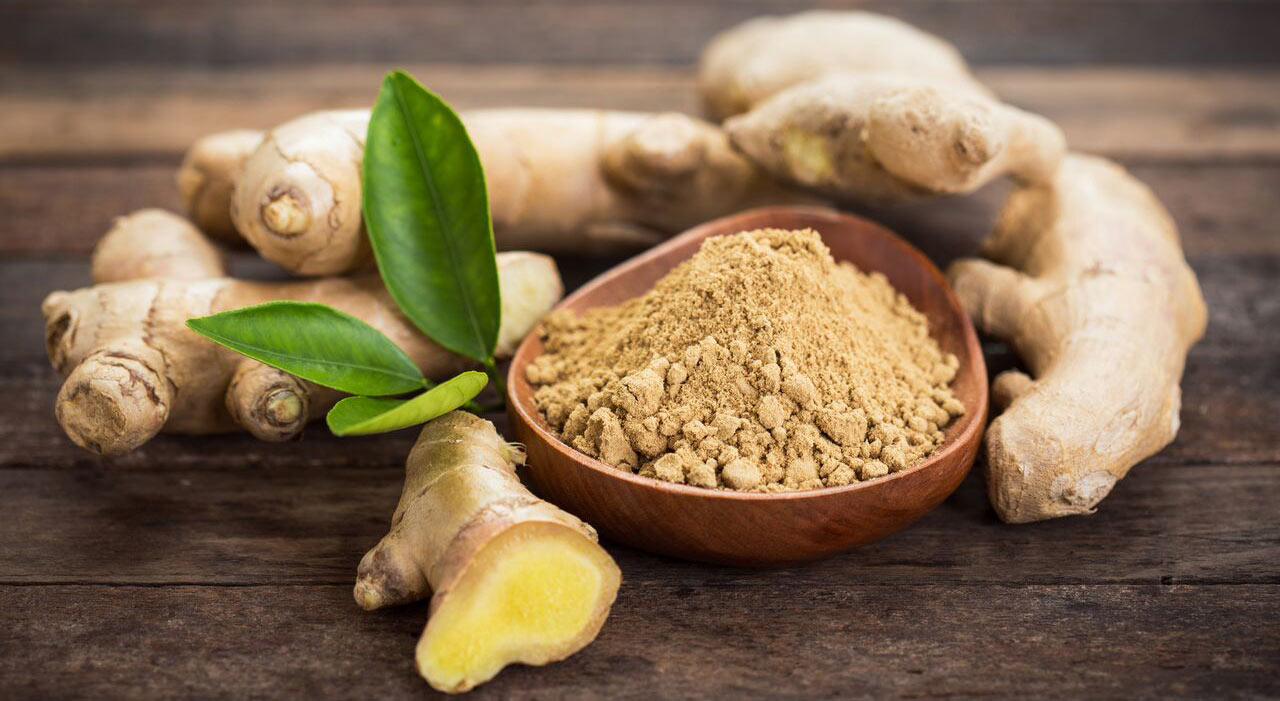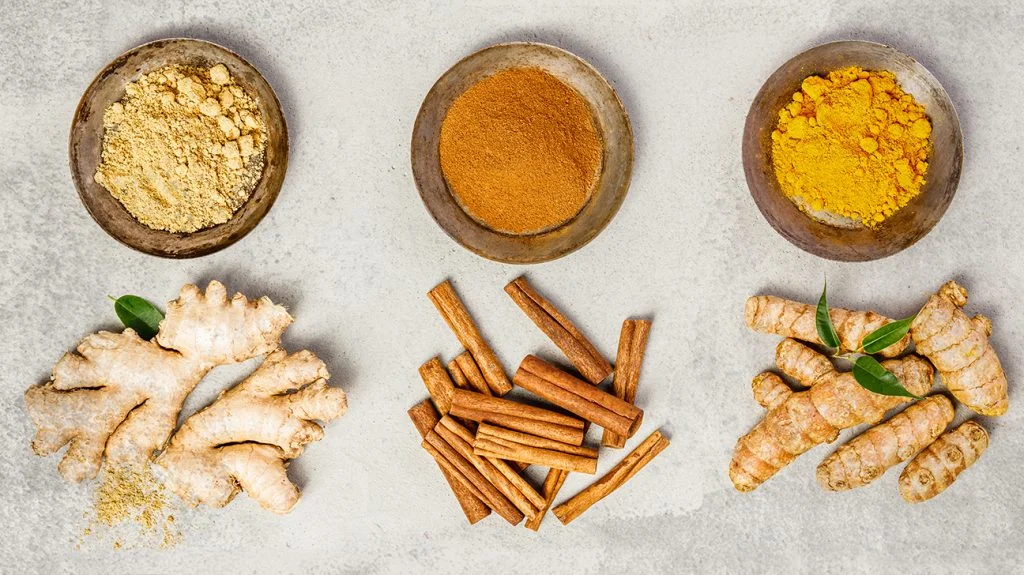Exercise Daily – In today’s fast-paced world, many people turn to natural remedies to improve their well-being and address common health concerns. Natural remedies, such as herbal medicine and holistic approaches, can be a safe and effective alternative to pharmaceutical drugs. Incorporating natural remedies into your daily routine can help you achieve a healthier and more balanced lifestyle. In this blog, we will explore different ways to incorporate natural remedies into your daily routine and harness the power of nature for better health.
1. Natural Remedies
Understanding the Power of Natural Remedies
Natural remedies, also known as herbal medicine or home remedies, have been used for centuries to promote health and well-being. These remedies, derived from plants and herbs, offer a holistic approach to wellness by addressing the mind, body, and spirit. Unlike pharmaceutical drugs, natural remedies aim to support the body’s biological healing processes and are often gentler on the body.
The Holistic Approach to Wellness
Holistic health focuses on the interconnectedness of various aspects of our lives, including physical, mental, and emotional well-being. Natural remedies align perfectly with this approach, as they consider the whole person and promote balance and harmony within the body. You can improve overall health by incorporating natural remedies into your daily routine.

2. Incorporating Natural Remedies into Your Daily Routine
Exploring Home Remedies and Herbal Medicine
Home remedies and herbal medicine provide a treasure trove of natural solutions for various health concerns. From minor ailments to chronic conditions, numerous herbs and natural ingredients can help address your specific needs. By taking a proactive approach to your health, you can incorporate these remedies into your daily routine and experience their benefits firsthand.
The Benefits of Herbal Tea
One of the most straightforward and enjoyable ways to incorporate natural remedies into your daily routine is herbal tea. Herbal teas are made from dried herbs and can be customized to address specific health issues or promote relaxation and well-being. With various flavors and medicinal properties, herbal teas are a delightful addition to your wellness routine.
Using Essential Oils for Aromatherapy
Aromatherapy is a holistic healing practice that utilizes the aromatic properties of essential oils to promote physical and emotional well-being. Essential oils derived from plants can be used in various ways, such as inhalation, topical application, or diffusers. By incorporating essential oils into your daily routine, you can harness their therapeutic benefits and enjoy a heightened sense of relaxation and vitality.
Harnessing the Power of Herbs
Herbs have been used for centuries for their medicinal properties and can be valuable to your daily routine. Let’s explore two versatile herbs and their benefits:
Turmeric: A Versatile Herbal Remedy
Turmeric is a golden spice known for its vibrant color and numerous health benefits. It contains a powerful compound called curcumin, which has anti-inflammatory and antioxidant properties. You can support your overall health and well-being by incorporating turmeric into your daily routine, whether through cooking or supplementation.
Lemon Balm: Promoting Relaxation and Well-being
Lemon balm is a fragrant herb with a refreshing citrus scent. It is known for its calming properties and can help reduce stress and promote relaxation. Lemon balm can be used in various forms, such as herbal tea or essential oil, to enjoy its soothing effects and uplift mood.
Peppermint: Soothing Digestive Discomfort

3. Ways to Incorporate Herbs into Your Daily Routine
Adding Fresh Herbs to Your Meals
Adding fresh herbs to your meals is one of the easiest ways to incorporate herbs into your daily routine. Whether cooking a savory dish or preparing a refreshing salad, herbs like basil, rosemary, and cilantro can enhance the flavor and provide additional health benefits. Fresh herbs add a burst of flavor and offer essential nutrients and antioxidants.
Brewing Herbal Tea for Health and Relaxation
Herbal tea is a versatile and soothing way to incorporate natural remedies into your daily routine. You can create your herbal tea blends using dried herbs like chamomile, lavender, or ginger. These blends can help relax, promote sleep, aid digestion, or boost the immune system. Sipping a warm cup of herbal tea is a comforting ritual that can provide both physical and mental wellness benefits.
Creating Herbal-infused Oils and Salves
You can use herbal-infused oils and salves topically to address various health concerns or incorporate them into your skincare routine. To extract their beneficial properties, you steep dry herbs in carrier oils like olive or coconut to create infused oils. These oils have multiple applications, including massage, soothing skin irritations, and serving as a natural moisturizer. Similarly, herbal salves, made by combining infused oils with beeswax, can provide healing and nourishment to the skin.
Incorporating Herbs into Your Bath Routine
A relaxing herbal bath is an indulgent way to incorporate natural remedies into your daily routine. Adding dried herbs like lavender, rose petals, or chamomile to your bathwater can create a soothing and aromatic experience. The steam from the bath will release the essential oils of the herbs, which can help relax muscles, reduce stress, and promote overall well-being.

4. Medicinal Uses of Herbs
Understanding the Active Ingredients in Medicinal Herbs
Many medicinal herbs contain active ingredients that contribute to their therapeutic properties. For example, chamomile contains chamomileene, which has anti-inflammatory and calming effects. Understanding these active ingredients can help you choose the right herbs for your specific health concerns and incorporate them effectively into your daily routine.
Herbal Remedies for Common Health Conditions
Natural remedies can address a wide range of common health conditions. Here are a few examples:
Stress Management with Adaptogenic Herbs
Stress is a common issue in today’s fast-paced world. Adaptogenic herbs like ashwagandha, holy basil, and Rhodiola rosea can help the body adapt to stress and promote a sense of calm. These herbs can be taken in supplement form or brewed as herbal tea to support stress management and overall well-being.
Soothing Digestive Issues with Herbal Remedies
Digestive discomfort, such as bloating, indigestion, or irritable bowel syndrome (IBS), can be effectively managed with the help of herbal remedies. Herbs like ginger, peppermint, and fennel can aid digestion, reduce inflammation in the body, and alleviate symptoms. Incorporating these herbs into your daily routine, whether through cooking or herbal tea, can relieve and support digestive health.
Boosting Immune System Function with Herbal Supplements
Maintaining a robust immune system is essential for overall health and well-being. Herbs such as echinacea, elderberry, and astragalus possess immune-boosting properties. People can consume these herbs as herbal supplements or brew them as tea to actively support immune system function and lower the risk of common illnesses like the cold or flu.
5. Safety Considerations and Final Thoughts
Working with a Health Professional
While natural remedies can be safe and effective, it’s essential to consult a health professional or herbalist before incorporating them into your daily routine, especially if you have any underlying health conditions or are taking prescription medications. They can provide personalized guidance and ensure that the natural remedies you choose are appropriate for your specific needs.
Integrating Natural Remedies into a Healthy Lifestyle
Incorporating natural remedies into your daily routine is just one aspect of a holistic approach to well-being. It’s important to remember that natural remedies work best when complemented by a healthy lifestyle, including regular exercise, a balanced diet, and sufficient sleep. Adopting a holistic approach can enhance the effectiveness of natural remedies and optimize your overall health.
The Importance of Holistic Health
Remember that holistic health focuses on the interconnectedness of various aspects of your life. It’s not just about treating symptoms but addressing the root causes of health concerns and promoting balance in the mind, body, and spirit.
Conclusion
Incorporating natural remedies into your daily routine can be a transformative journey toward better health and well-being. By exploring home remedies, herbal medicine, and holistic approaches like aromatherapy, you can harness the power of nature to support your body’s natural healing processes. Whether adding fresh herbs to your meals, brewing herbal tea, creating herbal-infused oils and salves, or incorporating herbs into your bath routine, there are numerous ways to integrate natural remedies into your daily life.
Remember to understand the active ingredients in medicinal herbs and choose the ones that align with your specific health concerns. Working with a health professional or herbalist is essential to ensure that the natural remedies you choose are safe and appropriate for your individual needs, especially if you have any underlying health conditions or are taking medications.
FAQs – How to Incorporate Natural Remedies into Your Daily Routine
Q: Are natural remedies safe to use?
Natural remedies can be safe when used appropriately and in consultation with a healthcare professional or herbalist. It’s essential to consider factors such as your health conditions, medications you may be taking, and any potential allergies or sensitivities. Some herbs and natural remedies may interact with certain drugs or may not be suitable for everyone. Consulting with a healthcare professional can help ensure the safety and effectiveness of natural remedies for your specific needs.
Q: How long does it take for natural remedies to work?
The time it takes for natural remedies to work can vary depending on the specific remedy, the health condition being addressed, and individual factors. Some natural remedies may provide immediate relief, while others may require consistent and long-term use to experience the full benefits. Having realistic expectations and being patient when incorporating natural remedies into your routine is essential, as they often work gradually to support the body’s biological healing processes.
Q: Can I use natural remedies alongside prescription medications?
If you are taking prescription medications, it’s essential to consult with your healthcare provider before incorporating natural remedies into your routine. Some herbs and natural remedies may interact with certain medications, affecting their effectiveness or causing unwanted side effects. Your healthcare provider can guide potential interactions and help you determine the best approach for combining natural remedies with your current medications.
Q: How do I choose the proper natural remedies for my needs?
Choosing the proper natural remedies involves considering your specific health concerns and goals. Researching and understanding the properties and benefits of different herbs and natural ingredients can help you make informed choices. Consulting with a healthcare professional, herbalist, or naturopathic doctor can also provide personalized guidance based on your needs and health history.
Q: Can I incorporate natural remedies into my daily routine if I’m not experiencing any health issues?
Absolutely! Natural remedies can benefit overall well-being, even if you’re not experiencing specific health issues. Many herbs and natural ingredients offer general health benefits, such as supporting the immune system, promoting relaxation, or providing antioxidant properties. Incorporating natural remedies into your daily routine can be a preventive measure and contribute to your overall wellness.
Q: Are there any potential side effects of natural remedies?
While natural remedies are generally considered safe, side effects, allergic reactions, or interactions with specific individuals are still possible. It’s essential to start with small doses when trying a new remedy and monitor your body’s response. If you experience adverse reactions, discontinue use and consult a healthcare professional. Some herbs may also have specific contraindications for certain individuals or health conditions, so it’s essential to do thorough research or seek professional guidance before use.




